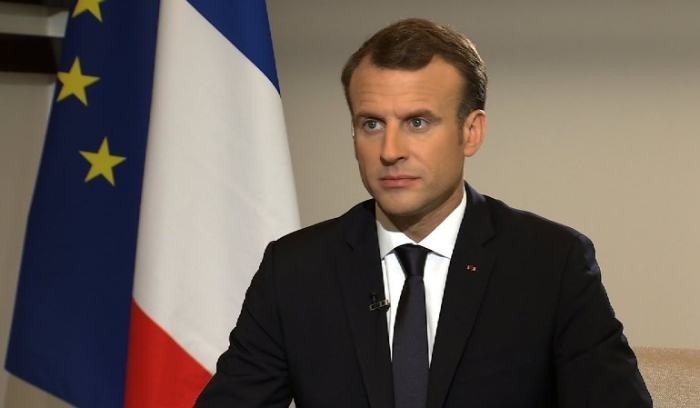France’s government has decided to push back the implementation of its controversial 2023 pension reform, but the move has sparked fresh anger over plans to offset costs by raising health insurance taxes and freezing pension increases. The decision highlights growing political and economic tensions as President Emmanuel Macron’s administration struggles to maintain control.

Prime Minister Sebastien Lecornu announced the delay after weeks of political drama that saw him resign and later be reinstated following the collapse of two previous governments. His latest concession came as part of an effort to avoid another no-confidence vote in a deeply divided parliament, where his centrist alliance no longer holds a majority.
The reform, which aims to raise the retirement age from 62 to 64, has been postponed until January 2028, beyond the end of Macron’s current term. The measure is included in an austerity-focused 2025 budget plan that still awaits parliamentary approval. Lecornu said the delay would cost the state about €100 million ($116 million) in 2026 and €1.4 billion ($1.6 billion) in 2027.
To bridge the financial gap, the government plans to increase taxes on private health insurers and temporarily freeze pension adjustments tied to inflation. Officials argue this approach is necessary to protect France’s fiscal stability. However, critics warn that it will burden retirees and increase private insurance costs for millions.
Union leaders condemned the proposal as unfair and harmful. “Retirees with modest incomes cannot bear such a measure,” said Yvan Ricordeau of the CFDT union. The CGT’s Denis Gravouil echoed those concerns, saying higher insurance taxes would ultimately hit workers and retirees hardest.
The backlash recalls the massive protests that erupted last year after Macron’s government used a constitutional loophole to push the pension reform through parliament without a vote. Lecornu has since pledged not to repeat that tactic, vowing that all future bills will be subject to full debate and proper voting.
With France’s political scene still deeply fractured, Lecornu’s compromise may calm tensions temporarily – but the battle over pensions, fairness and economic reform is far from over.
Discover more from ULIZA LINKS NEWS
Subscribe to get the latest posts sent to your email.



